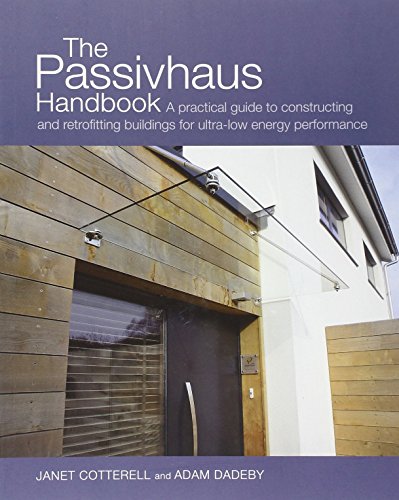

Most ebook files are in PDF format, so you can easily read them using various software such as Foxit Reader or directly on the Google Chrome browser.
Some ebook files are released by publishers in other formats such as .awz, .mobi, .epub, .fb2, etc. You may need to install specific software to read these formats on mobile/PC, such as Calibre.
Please read the tutorial at this link: https://ebookbell.com/faq
We offer FREE conversion to the popular formats you request; however, this may take some time. Therefore, right after payment, please email us, and we will try to provide the service as quickly as possible.
For some exceptional file formats or broken links (if any), please refrain from opening any disputes. Instead, email us first, and we will try to assist within a maximum of 6 hours.
EbookBell Team

0.0
0 reviewsAn essential guide for anyone wanting to realize a supremely comfortable, healthy, and durable home with exceptionally low energy costs, this book brings together current thinking and best practice in Passivhaus design. This type of design focuses on getting the building fabric right, to achieve ultralow energy consumption in the most cost-effective manner. The approach is relevant to a wide range of building types and climates. Whether you are building an extension, retrofitting your house or starting from scratch, and whether you are new to low-energy design or already have some experience, this book will help you navigate around the potential pitfalls and misconceptions. The book includes a clear explanation of the underlying building physics and terminology; detailed information on key elements of Passivhaus: avoiding air leakage, designing out thermal (cold) bridges, moisture management, and ventilation strategy. It offers practical advice on setting up a project, including developing a motivated project team, and a discussion of economic considerations and the policy context in the UK. As pressure on global resources increases and energy prices continue to rise, the Passovhaus approach, proven over 20 years, meets the challenge of ultralow-energy building for the future